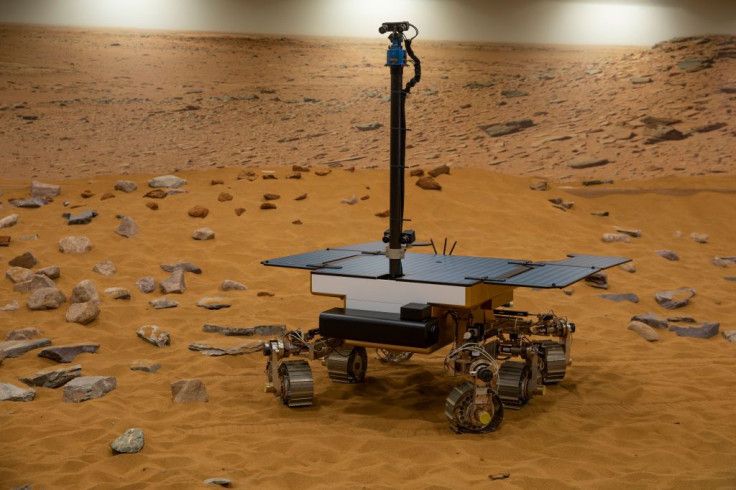European ExoMars Mission 'Very Unlikely' To Launch In 2022 Amid Russia-Ukraine War: ESA
KEY POINTS
- The ESA said the ExoMars 2022 launch is 'very unlikely'
- The mission was set to launch from Baikonur, Kazakhstan, on Sept. 20
- It was also postponed in 2020 due to issues and the pandemic
The launch of the joint Europe-Russia Mars mission is now "very unlikely" to push through in 2022, according to the European Space Agency (ESA). The postponement comes amid the war in Ukraine.
The ESA announced that it will be "fully implementing" its Member States' sanctions on Russia in a statement released Monday. The agency said the sanctions as well as the "wider context" make the 2022 launch "very unlikely."
"We deplore the human casualties and tragic consequences of the war in Ukraine," the ESA noted.
"We are giving absolute priority to taking proper decisions, not only for the sake of our workforce involved in the programs, but in full respect of our European values, which have always fundamentally shaped our approach to international cooperation," it added.
The 2022 ExoMars mission was set to launch from Baikonur, Kazakhstan, on Sept. 20 this year so it would land by June 10, 2023. It was set to bring the European rover, dubbed Rosalind Franklin, as well as a Russian surface platform called Kazachok to the Martian surface.
Previously, the 2020 launch was postponed because of technical difficulties and the coronavirus pandemic, AP News reported. Such delays pose significant setbacks to a launch as it could mean another long wait of months or even years for another opportunity when the planets are "in the right alignment," the outlet noted.
Over the weekend, the Russian space agency Roscosmos also announced that it would be removing personnel from the European spaceport in French Guiana, AP News noted. The ESA and Thierry Breton, the European Commissioner for Space, took note of the decision.
"I confirm that this decision has no consequences on the continuity and quality of the Galileo and Copernicus services. Nor does this decision put the continued development of these infrastructures at risk," Breton said in a statement on Saturday.
"We are ready to act decisively, together with the Member States, to protect these critical infrastructures in case of aggression, and continue to develop Ariane 6 and VegaC to ensure Europe's strategic autonomy in the area of launchers," he added.

© Copyright IBTimes 2025. All rights reserved.






















